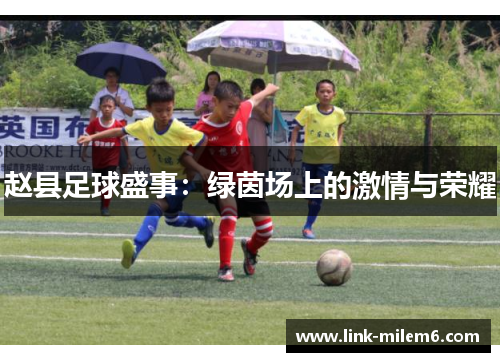英语足球比赛中的交流技巧
Article abstract: Effective communication in English football matches is crucial for team coordination and performance. This article explores various aspects of communication skills in football, emphasizing their impact on strategy, teamwork, game dynamics, and player morale.
1、Importance of Clear Instructions
Effective communication begins with clear instructions from coaches and team leaders. These instructions set the tone for gameplay and ensure that players understand their roles and responsibilities on the field. Clear directives minimize confusion and enhance strategic execution.

Coaches often use concise language and gestures to convey tactical plans during matches. This clarity helps players make quick decisions and adapt to changing game situations, fostering a cohesive team strategy.
During intense moments, such as set pieces or counterattacks, precise communication ensures players act decisively. This clarity boosts confidence and reduces errors, contributing to overall team performance.
2、Team Coordination through Verbal Cues
Verbal cues play a pivotal role in coordinating movements and plays among teammates. In fast-paced matches, players use specific phrases and signals to communicate intentions and coordinate strategies without disrupting the flow of play.
M6体育米乐Effective verbal cues help maintain spatial awareness and positional play. Players often use short, impactful phrases like "man on," "switch," or "hold the line," to inform teammates of immediate threats or strategic adjustments.
These cues are vital for maintaining team shape and exploiting opponent weaknesses. When executed well, coordinated movements based on verbal cues can lead to decisive attacks or defensive solidarity.
3、Managing Emotions and Morale
Communication in football extends beyond tactical instructions; it includes managing emotions and boosting team morale. Positive reinforcement and motivational language during matches inspire players to overcome setbacks and maintain focus.
Captains and senior players often take on leadership roles in emotional management, using encouraging words and gestures to uplift teammates during challenging moments. This emotional support fosters resilience and unity within the team.
Effective communication also involves addressing conflicts or frustrations constructively. Clear, respectful dialogue helps resolve disagreements quickly, preventing distractions that could affect team cohesion.
4、Adapting to Game Dynamics
Adapting communication to evolving game dynamics is crucial for success in football. Teams must adjust their strategies based on opponent tactics, referee decisions, and match conditions.
Effective halftime discussions and on-field communication adjustments are essential for adapting game plans. Coaches and players analyze first-half performances and make strategic changes to exploit weaknesses or counter opponent strengths.
During critical moments, such as injury time or extra time, effective communication becomes even more critical. Clear directives and calm leadership help maintain composure and strategic focus amid pressure.
Summary:
In summary, effective communication in English football matches enhances strategy, teamwork, game dynamics, and player morale. Clear instructions and verbal cues improve tactical execution and coordination among teammates. Managing emotions positively contributes to team morale and resilience. Adapting communication to match dynamics ensures strategic flexibility and focus throughout the game.


